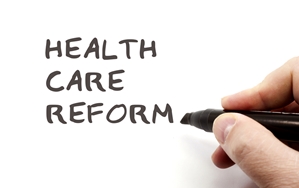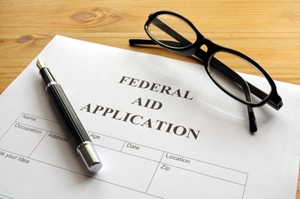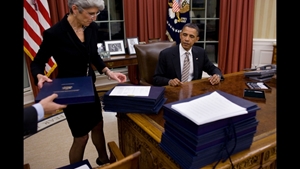
Hoping to streamline the enrollment process for health coverage once the Patient Protection and Affordable Care Act goes into effect, officials at the U.S. Department of Health and Human Services recently stated that they would roll back some of the verification process involved in substantiating whether individuals apply for subsidies, relying more heavily on self-reported information. But critics of the health reform law have stated that doing this may lead to excessive levels of fraud, where applicants bilk the system by applying for financial assistance when they're not really in need.
To help put individuals' minds at ease, Medicare and Medicaid Services administrator Marilyn Tavenner recently noted that the appropriate safeguards are still in place and should prevent deceptive practices.
"Individuals seeking to purchase insurance in the Marketplace must attest, under penalty of perjury, that they are not filing false information," said Tavenner in a recent blog posting at HHS' website. "In addition to the existing penalties for perjury, the health care law applies penalties when an individual provides false or fraudulent information."
She added that in virtually every situation, subsidy applicants will need to corroborate their claims by providing various sources of wage information – such as pay stubs and tax filings – as well as Social Security details. These checks will be universal, no matter where the marketplaces are established or whether it's the federal government or state that's governing it.
For the last several weeks, there has been a considerable amount of information flowing from the nation's capital, as government officials have delayed the time in which large employers will be required to provide employee benefits to their workers or face a penalty. It now won't be until January 2015 that these companies will be fined between $2,000 and $3,000 for each full-time worker that's not covered.





